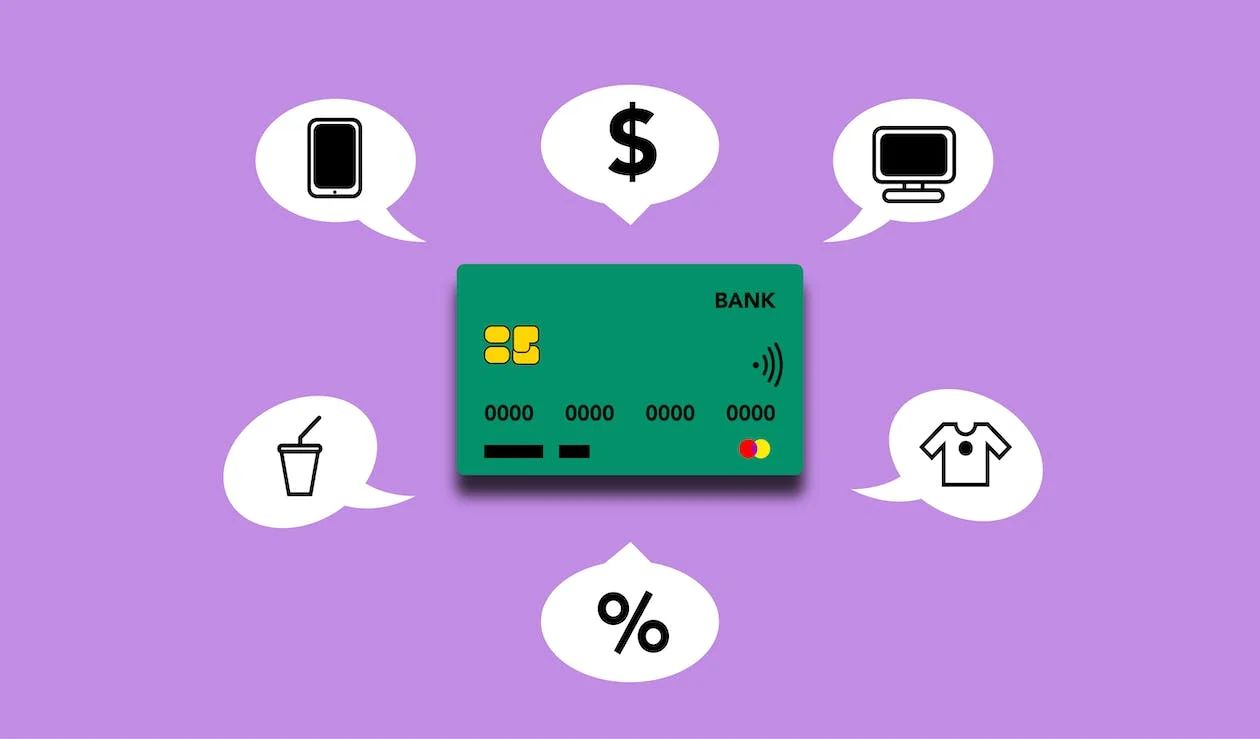If you use credit cards sensibly, you may build up airline miles, get excellent bargains on hotels, and earn cash back on purchases that are crucial to your life.
Credit cards are notorious for being a gateway to debts with very high-interest rates; nevertheless, this shouldn’t dissuade you from using them if doing so is consistent with your present financial situation.
One of the numerous benefits of establishing and maintaining a solid credit history is the ability to ask for money at a reduced interest rate or get approval for a larger mortgage.
Despite this, there are many misconceptions about using credit cards, credit ratings, and what to do when you’ve finished paying off your debt on a card. Some urban myths are somewhat true, while others are wholly unfounded in their claims. The following is essential information about the use of credit cards.
Credit card problems are a common result of carelessness.
Regarding credit card myths and realities, this is among the most common misunderstandings that might arise. Anyone may experience the strain of credit card debt.
Many people have seen plenty of cautious individuals whose working hours were reduced, were involved in an accident, were fired from their jobs, or had other unexpected bills arise. Then suddenly, their debt became insurmountable, and each month they fell further behind.
Interest begins collecting upon purchasing.
When a purchase is made, interest does not immediately begin to accrue at the standard rate. Instead, interest is placed on the card the day following the payment that was supposed to be made.
Therefore, the consumer will not be subject to interest charges if they pay off the credit card balance before the due date passes without making a payment.
Many nations throughout the world provide interest-free grace periods for credit cards. If the user pays off their debt in full during the grace period, they will not be subject to any interest charges, and the grace period will not be forfeited.
On the other hand, if another user with the same stock requirements takes out a loan for asset financing for the same amount, for example, then that user will be required to pay interest on the loan regardless of whether or not they pay it back before the loan payback term expires.
In this scenario, using credit card debt proves advantageous compared to other financing options such as digital, shylock, and personal loans.
Having a credit card is a sign of financial security and social status.
This is one of the fascinating things to know about credit cards, and it’s one of the greatest. The terms “wealth” and “symbols of wealth” do not refer to the same concept, despite the widespread belief.
Unfortunately, those who look to be affluent are often badly in debt, and unfortunately, people who are heavily in debt are generally the biggest impulse shoppers. To become wealthy, you must first learn to live within your means.
Credit cards are riskier than debit cards to use.
When opposed to debit cards, credit cards usually provide more robust protection for financial transactions.
When using a debit card, the amount is deducted directly from the account holder’s available cash. However, when using a credit card, the money is deducted from the issuer rather than the cardholder’s account. These are safety differences between the two types of cards.
Consequently, a person who uses a debit card will have a sum deducted from their account, and they will have to follow the bank’s fraud management processes to get their money back in the event of a fraudulent purchase; this process might take several months.
In the case of a credit card, the only thing the cardholder has to do to report a fraudulent transaction is to contact the card’s issuer. The issuer will then take over the investigation, and the cardholder will not incur any personal losses.
How can I get rid of my credit cards without hurting my credit?
It is vital to consider the possible impact that canceling your credit card might have on your credit score before going to cancel the card.
For example, the quality of your credit history may determine whether you are approved for a mortgage, auto loan, student loan, or other types of credit.
On the other hand, having poor credit makes it more difficult to get authorized for such goods, and the interest rate on loans is often greater for those in this situation than for those with strong credit.
After considering both the benefits and the drawbacks, the choice of whether or not to cancel your credit card can only be made by you.
For example, suppose you are concerned about a temporary drop in your credit score. In that case, you should consider other options, such as negotiating for better conditions or moving to a different credit card issued by the same company.
Conclusion
Credit cards are a convenient method of making financial transactions. In addition, they provide the people who utilize them with a wide variety of advantages. Credit cards, when used responsibly, may help an individual boost their creditworthiness and give the user various benefits and incentives, such as paying your paystub expenses, travel miles, and discounts.
Users of credit cards have rapid access to cash and credit when it is most necessary for them to do so. As a result, these credit cards, which serve as the first line of credit, will be useful for various purposes, including personal purchases, commercial demands, and unexpected requirements.












